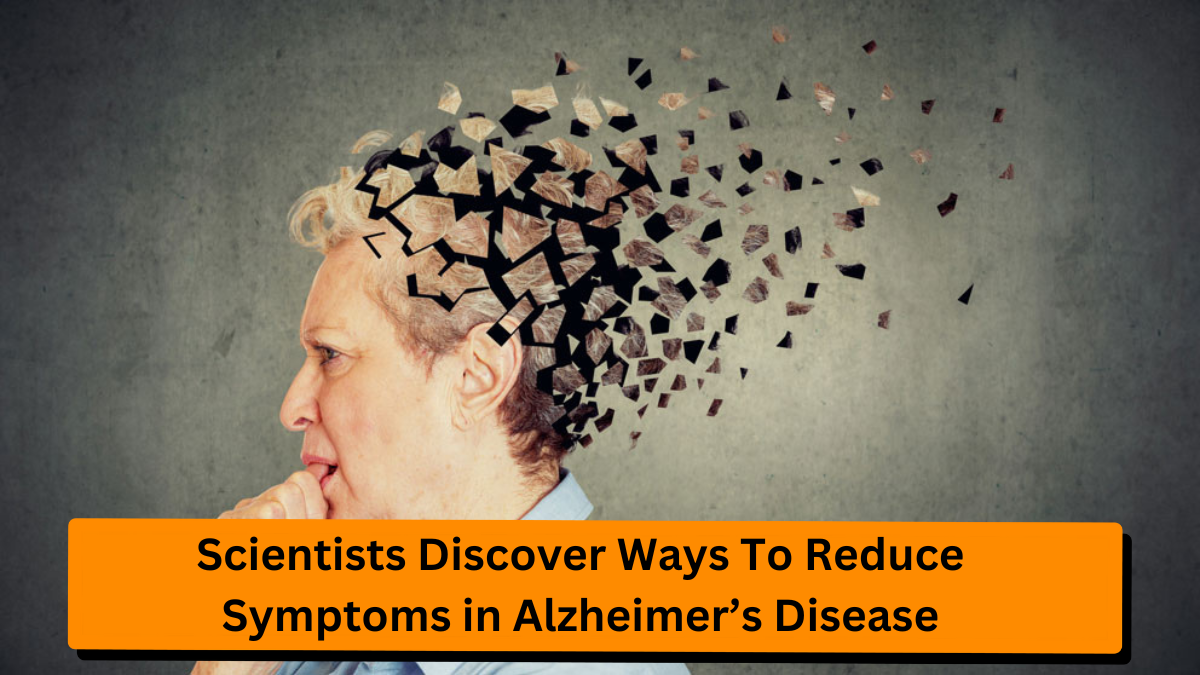Alzheimer’s disease is a condition that slowly affects the brain, making it harder to remember things, think clearly, and act normally. It’s the main cause of dementia in older adults. While there’s no cure yet, there are treatments that help manage the symptoms and make life easier for those affected.
Two new studies offer promising news for people with Alzheimer’s disease! They found that both electrical stimulation of the brain and light therapy treatment could potentially help patients. Lets explore more about the topic Scientists Discover Ways To Reduce Symptoms in Alzheimer’s Disease.
Electrical Stimulation of the Brain
Electrical stimulation of the brain is a non-invasive technique that uses a small electrical current to stimulate specific areas of the brain. A new study has good news for people with Alzheimer’s disease! Researchers discovered that using a special type of electrical stimulation on the brain can help improve their memory and thinking skills.
The study involved 32 patients with mild to moderate Alzheimer’s disease who received electrical stimulation of the brain for 25 minutes a day, five days a week, for four weeks. The study found that the patients who received the electrical stimulation treatment for their brains did much better on memory and thinking tests than the patients who didn’t receive the treatment.
Light Therapy Treatment
Light therapy treatment involves exposure to bright light to regulate the body’s circadian rhythms. Some recent research found that using special light therapy could help people with Alzheimer’s sleep better and feel less depressed.
The study involved 20 patients with Alzheimer’s disease who received light therapy treatment for two hours a day, every morning, for four weeks. A recent study has shown promising results for treating Alzheimer’s disease with light therapy!
The study found that patients who received light therapy treatment had significant improvements in both sleep and depression compared to those who didn’t receive the treatment.
Personalized Lifestyle Changes
Making healthy changes to your daily life and getting personalized coaching can significantly reduce your risk of Alzheimer’s disease and improve your memory and thinking skills.
This means that apart from new medical treatments like electrical stimulation and light therapy, simple steps you take in your everyday life can make a big difference! Research shows that by following personalized lifestyle advice, you can:
- Reduce your risk of Alzheimer’s disease by up to 145%. That’s almost two and a half times less likely to develop the disease!
- Improve your cognitive function by up to 74%. This means your memory, thinking skills, and ability to learn and process information will all get better.
The study involved 119 participants who received personalized lifestyle coaching for 18 months. The participants were given a personalized plan that included diet, exercise, and cognitive training.
A recent study has revealed that people who received personalized lifestyle coaching experienced a noticeable boost in their cognitive function compared to those who didn’t receive this guidance.
Read More – Is AI the Cancer – Fighting Tool We’ve been Waiting For?
Conclusion
In conclusion, Alzheimer’s disease is a progressive brain disorder that affects memory, thinking, and behavior. While there’s no magic pill to cure Alzheimer’s yet, there are treatments that can help ease the symptoms and make life better for people with the disease.
Recent studies have revealed that electrical stimulation of the brain and light therapy treatment might help patients with Alzheimer’s. In addition to these treatments, personalized lifestyle changes could also improve Alzheimer’s risk profile by 145%.
Further research is needed to determine the long-term effects of these treatments and to develop new treatments for Alzheimer’s disease. We hope you understood the topic Scientists Discover Ways To Reduce Symptoms in Alzheimer’s Disease.
